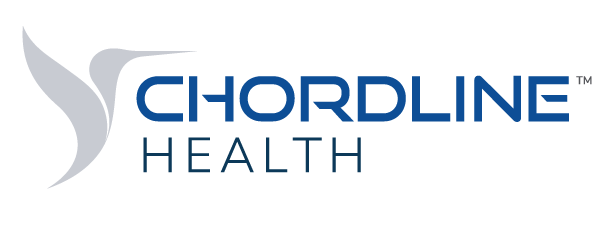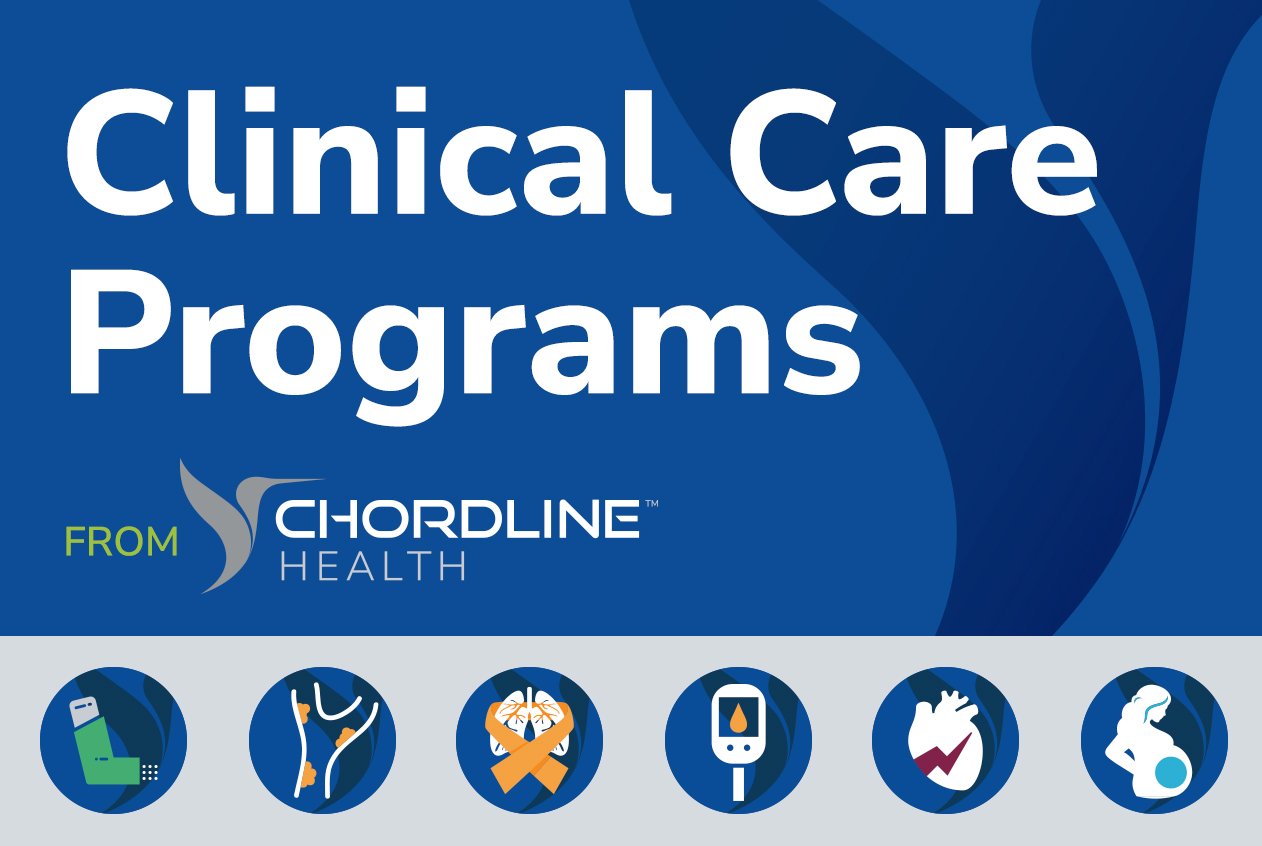Chordline Health Blog

INDUSTRY INSIGHTS
The industry-wide focus on value-based care continues to gain momentum. Payers and leading healthcare providers are shifting their attention to broader populations with an eye toward maintaining better health for more people now, rather than treating a disease after it has already impacted a patient’s well-being or quality of life.
2024 was a landmark year for healthcare, specifically when it came to the adoption of value-based care. As the Centers for Medicare & Medicaid Services (CMS) continues to push hard to move members into value-based care arrangements, health plans and managed care organizations are likewise shifting their approach and priorities.
As healthcare systems worldwide grapple with managing increasingly complex patient populations, a rise in chronic health conditions, and growing care costs, value-based care (VBC) has grown in popularity. VBC’s potential to lower costs and improve outcomes is compelling: 93% of payers think advanced payment models will result in better care quality, while 79% believe they will result in more affordable care.
For these models to work, more emphasis must be placed on preventive care, rather than reactive care. By harnessing sophisticated data analytics tools, healthcare providers can proactively address health issues before they escalate, ultimately improving a patient’s overall health while deepening care value.
Amidst the fallout of the Change Healthcare cyberattack, there's a critical need for streamlining prior authorizations to maintain claims payments. Even prior to the attack, over 90% of physicians faced delays in patient care due to the burdensome authorization processes, with rising complaints about coverage denials. Meanwhile, scrutiny mounts on health plans relying on AI for authorization decisions.
Despite industry acknowledgment of flaws, recent efforts by the Centers for Medicare & Medicaid Services aim to establish guidelines. However, prior authorization remains crucial for cost management. Payers are advised to adopt data-driven strategies to expedite responses, enhancing efficiency and patient outcomes.
Population health management data is among the most sensitive data a health plan or healthcare organization can possess. To protect sensitive health data, Chordline Health puts security first by design. As such, we only partner with best-in-breed vendors, including a market leader for healthcare cloud computing, to ensure we deliver a HIPAA-, SOC2- and HITRUST-compliant SaaS platform our clients can trust. With SaaS, which is a public cloud-based software model, it is critical to ensure you’re partnering with the right vendor.
Healthcare experts see AI as a game-changer in revolutionizing population health management, from predicting ED returns to empowering patients in self-managing complex conditions. However, generative AI, though touted as transformative, currently offers limited value in improving population health management and reducing healthcare costs - emphasizing the importance of data-based insights and robust predictive analytics capabilities.
Healthcare executives see the need to tackle social determinants of health (SDOH), yet struggle to fully grasp members' social needs due to data challenges. Integrating analytics with SDOH data in clinicians' managed care workflows is key. With 52% of adults having at least one SDOH risk, addressing these factors is vital for better population health. Learn why robust analytics, clinician access to data, and comparing health risks is crucial to improved outcomes and costs.








